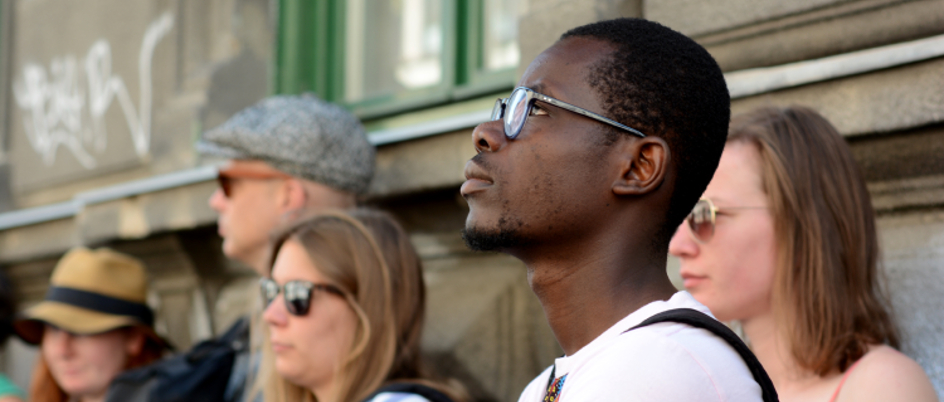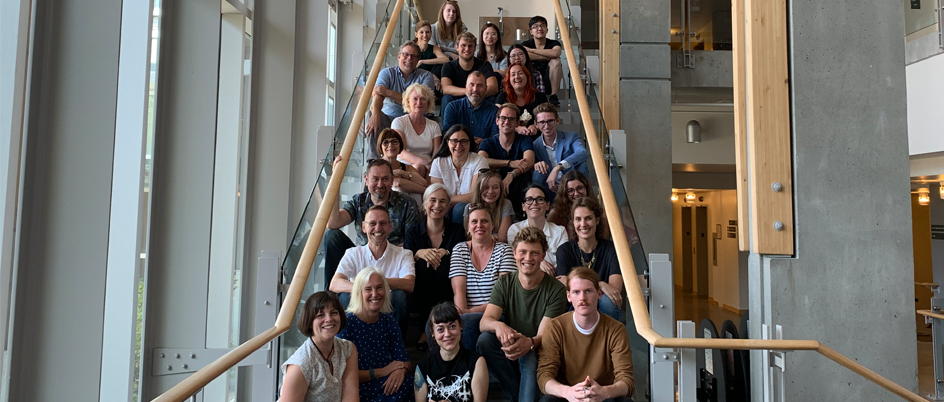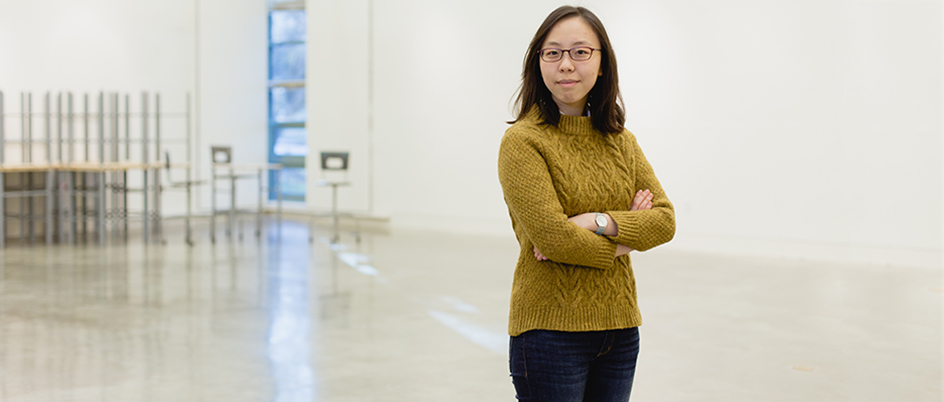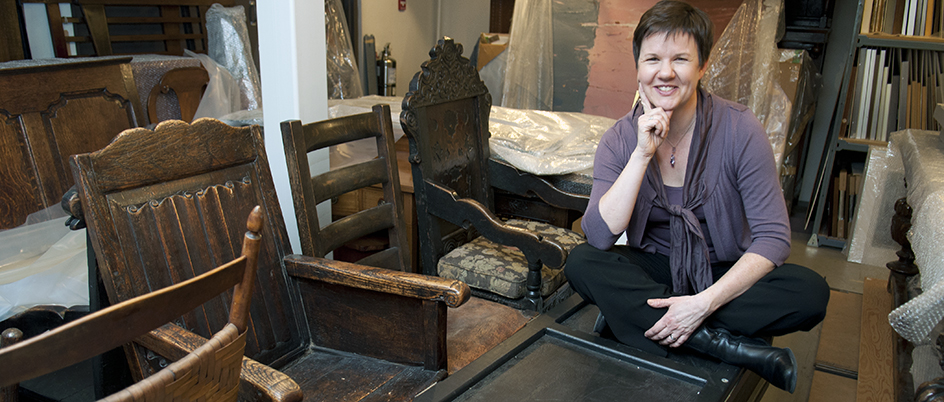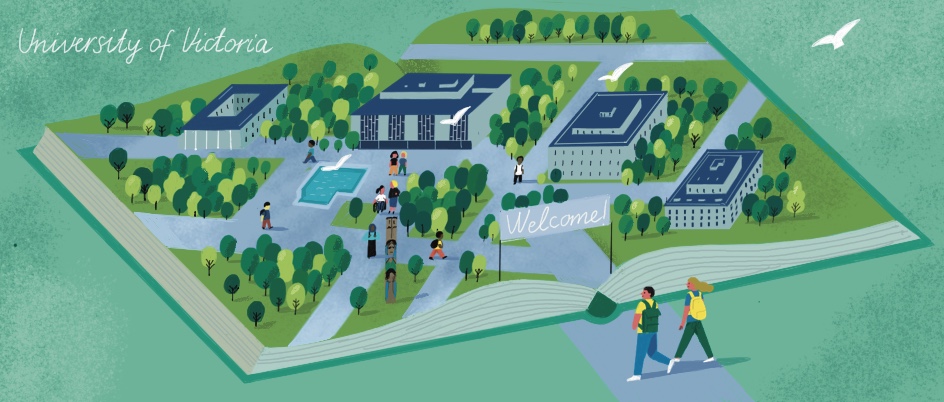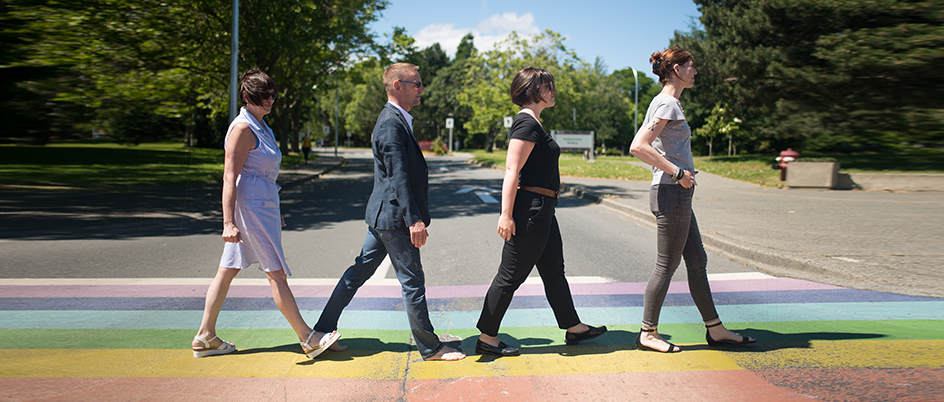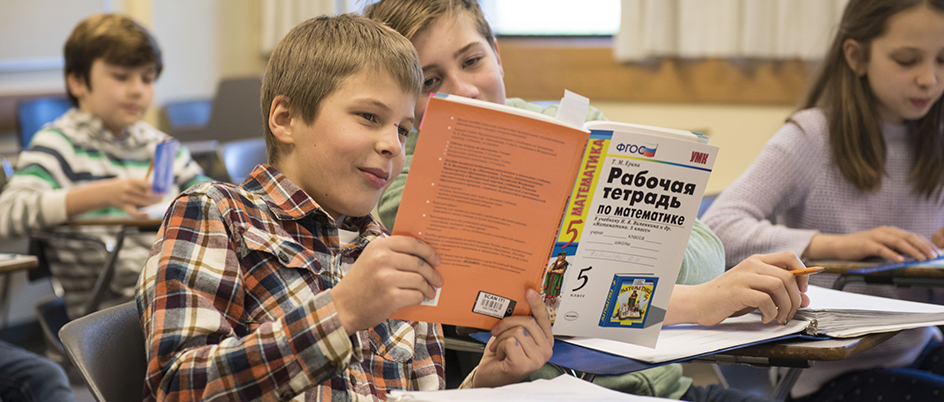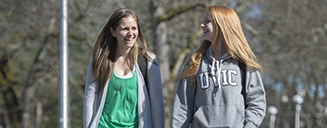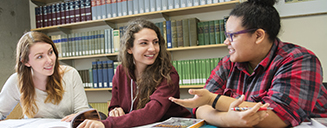German, Russian and Ukrainian Languages and Cultures
Germanic and Slavic Studies categorically condemns the unprovoked attack of Russia on sovereign Ukraine. We deplore the unconscionable loss of civilian life, the displacement of millions of Ukrainians and the on-going humanitarian crisis. We denounce the actions of the Russian state and those who support it, inside and outside of Russia, and we recognize the bravery with which thousands of Russians have spoken out against the war. In a time of deepening divisions, we are grateful for the strength and unity of the many, be they Canadian, Ukrainian, Russian or other, who oppose the criminal actions of the Russian government. We stand with Ukraine and its heroic defenders.
In solidarity with our Ukrainian and Ukrainian-Canadian colleagues, students and community members, we would like to ask you to support the efforts of organizations working to help Ukrainians during this crisis.
Donations can be made through the links to their websites:
Canadian Red Cross
- donations to the Ukraine campaign are matched 1 to 1 by Ottawa
- https://www.redcross.ca/
- https://www.cbc.ca/news/politics/federal-government-to-match-donations-1.6365355
UNICEF Canada Ukraine campaign
Canada-Ukraine Foundation
- donations can be directed to any one of their several humanitarian projects in Ukraine
- https://www.cufoundation.ca/cuf-ucc-ukraine-humanitarian-relief/
With gratitude,
Germanic and Slavic Studies
Whether you want to build your language and cultural skills or prepare to live and work abroad, Germanic and Slavic studies can help you understand your place in the world.
Germanic and Slavic Studies was the perfect place for me to learn, explore, and grow over the course of my Master's. While I was in the Slavic Stream, I was fortunate enough to also gain a deeper understanding of German culture, German thinkers, and Holocaust memory, and work with scholars from Hungary, Germany, France, and Israel, in addition to my own research on Jewish-Russian life. This interdisciplinary and international, hands-on collaboration is part of what makes the department so special. My education did not end at the walls of the classroom or the boundaries of Ring Road, and for that I will always be grateful.
— Ethan Calof, MA in Slavic Studies (2019)
Our programs promote critical inquiry, engage multiple voices and inspire creative expression.
We offer language courses in German, Russian and Ukrainian, and we explore film, literature and cultural studies that introduce you to the histories, cultures and current events of Germanic and Slavic countries.
We acknowledge and respect the lək̓ʷəŋən peoples on whose traditional territory the University of Victoria stands, and the Songhees, Esquimalt and W̱SÁNEĆ peoples whose historical relationships with the land continue to this day.
Wir würdigen, ehren und respektieren das lək̓ʷəŋən Volk, auf dessen traditionellem und nicht abgetretenem Territorium der Campus der University of Victoria liegt, und die Songhees, Esquimalt und W̱SÁNEĆ Völker, deren historische Beziehungen mit dem Land bis heute fortwähren.
Мы выражаем своё признание и уважение народам lək̓ʷəŋən, на традиционной неуступленной территории которых расположен наш университет, а также народам Songhees, Esquimalt и W̱SÁNEĆ, чьи исторические связи с этой землёй продолжаются по сей день.
Ми визнаємо і висловлюємо повагу народові lək̓ʷəŋən, на чиїй традиційній невідступленій території розташовано наш університет, а також народам Songhees, Esquimalt та WSÁNEĆ, чий історичний зв’язок з цією землею триває до сьогодні.

